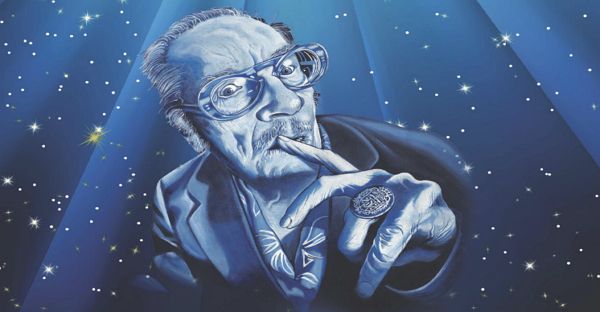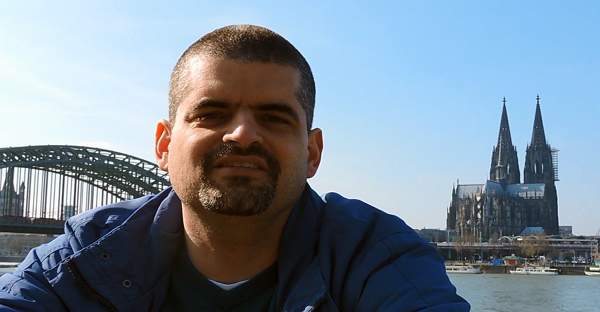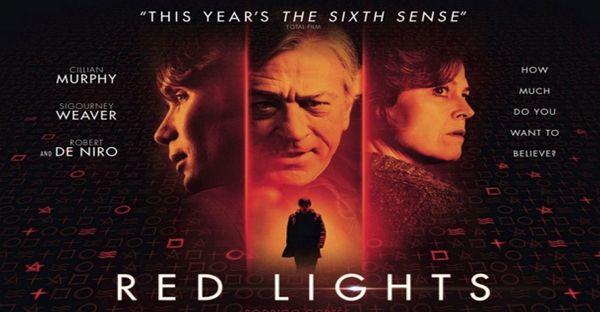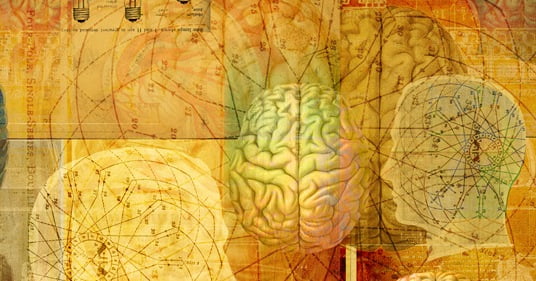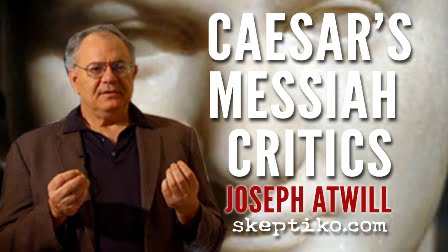Writer and filmmaker Paul Davids has documented over 100 after death communications with Forrest Ackerman. photo by: Paul Davids To paraphrase an...
Tag: skepticism
This prominent scientist says life is meaningless… and he’s serious |314|
Dr. Sean Carroll makes science's meaningless universe meme sound palatable in his new book, The Big Picture. photo by: Awesome Inc Dr. Sean Carroll...
Science and philosophy gave him something he never thought he’d find… respect for religion |312|
Dr. Bernardo Kastrup explores his new found respect for religious myths in, More Than Allegory. photo by: Bernardo Kastrup Today we welcome Dr....
He thought his beliefs about global warming were based on science. Science proved him wrong |310|
Rick Archer from Buddha at the Gas Pump provides a demonstration of challenging beliefs on global warming. photo by: Khuroshvili Ilya As I was...
How bad is this “mildly dangerous” cult? And what’s their connection to near-death experience science? |307|
The International Association for Near Death Studies (IANDS) claims their association with Eckankar is not different from other religious groups. ...
How I got duped by crop circle science. Nancy Talbott vs. Matt Williams
Nancy Talbott claims to have unlocked crop circle science. Matt Williams is a crop circle maker encountering the paranormal in his circles. Why are...
Dr. Alexander Wendt and James Corbett Clash Over Inevitable One World State |301|
To this Ohio State University International Relations Professor a one world state is inevitable. To Alt media blogger James Corbett it's a...
Movies: Is Red Lights the worst movie about parapsychology every made? |299|
Both parapsychology researchers and Skeptics are misrepresented in this hack job of a movie, but that's what makes it fun to talk about. photo...
What science-as-we-know-it can learn from the 9/11 truth movement |295|
Investigative journalist Luke Rudkowski shows us how to talk to power and challenge the status quo. photo by: Luke Rudkowski I don't like Las Vegas...
Why CDC whistleblower revelations about vaccines and autism never made headlines, and what that means for science |292|
Investigative reporter Jon Rappoport explains why the media intentionally ignored whistleblower revelations about vaccines and autism. photo by:...
Is the Bible a political con job? This scholar says the proof is right in front of us |289|
Biblical Scholar Joseph Atwill has forever changed how we understand early Christian history by focusing on religion as an instrument of political...
New research reveals surprising connection between environmental sensitivity and psychic phenomena |286|
Recognized expert in 'Sick Building Syndrome', Mike Jawer has discovered a potential link between environmental sensitivity and psychic phenomena. ...
Why you, me, and our neighbors have a distrust of science and New York Times science journalists
George Johnson's recent piece in the New York Times demonstrates what's wrong with status quo science and lazy science journalism. Photo by Scott...
Near-death experiences more than dreams, study says. But neuroscience’s denial of NDEs undaunted. |285|
Recent study of near-death experience survivors flies in the face of neuroscience's assertion about NDEs. photo by Carl A According to science's...
Respected science writer burned out with “unscientific” string theory… looks to consciousness science |283|
John Horgan is a top-notch science journalist, but he's looking toward consciousness research to discover where science is heading. Join Skeptiko...
Hippies started it, New Agers kept it going. What’s next for consciousness culture? |280|
They may shun religious dogma, and scientific dogma too, but Ken Jordan of Reality Sandwich has tapped into a group that's restarting the...
This philosopher goes toe-to-toe with materialist science… so far he’s undefeated |274|
Dr. Bernardo Kastrup has a new take on who we are... and his conclusions don't still sit well with mainstream science types. The links between...
UN says African-American women 20 times more likely for HIV/AIDS. Are they racist or just stupid? |273|
Distinguished professor Dr. Henry Bauer is perhaps the only person brave enough to tackle controversial subjects like the connection between HIV and...
The Dalai Lama is loved by millions, so why is this science professor demanding he step down? |270|
ASU science Professor Lawrence Krauss stepped into his own black hole when he challenged the Dalai Lama's over his belief in reincarnation. A...
How this science reporter got caught stretching the truth about NDE science |269|
Michael Shermer is a skeptical of an afterlife, but he might have gone too far when mis-reporting one researchers evidence for near-death...
Science has its enemies, but they may not be who you think |262|
Will Storr went looking for science's enemies and found Creationists aren't the only threat. Investigative reporting sheds light. Alex...
261. Why Science Is Wrong…About Almost Everything
https://www.youtube.com/watch?v=pqpMBqChuX8 An Exploration of Skeptiko 3.0 and Why Science Is Wrong...About Almost Everything. Join Skeptiko...
USA psychic spies vs. Russian psychic spies — new revelations about what really happened |259|
Interview with Loyd Auerbach on remote-viewing, Project Stargate, and the misunderstood history of psychic spying. Join Skeptiko host Alex...
What if our progress is really a decline. Acclaimed author challenges our myths about progress |258|
Interview with JohnMichael Greer on science, technology, and his pessimistic view of the descent of civilization. A healthy look at our myth...
The real reason scientists refuse to believe near-death experiences… and how it’s linked to the pro-life movement |251|
Interview with journalist and author examines resistance to evidence suggesting consciousness survives death. Join Skeptiko host Alex Tsakiris...
250. Dr. Jeffrey Schwartz, Science’s Inability to Explain Personhood
Interview with research psychiatrist and and author, Dr. Jeffrey Schwartz examines the mismatch between science-as-we-know-it and...
244. Russ Baker, The Taint of Conspiracy Theories
Click here for YouTube version Click here for forum discussion Interview with investigative journalist, Russ Baker explores how the term...
Controversial history of Jesus draws ire of Christians and atheists. Is Caesar’s Messiah legit? |241|
Interview with Joseph Atwill examines criticisms of his controversial theory about the founding of the Christian church and his book,...
240. Dr. David Lane Not Sandbagged — Patricia Churchland Part 2
https://www.youtube.com/watch?v=VtHzDMwQ9fw Click here for YouTube version Click here for forum discussion Interview with Dr. David Lane...






